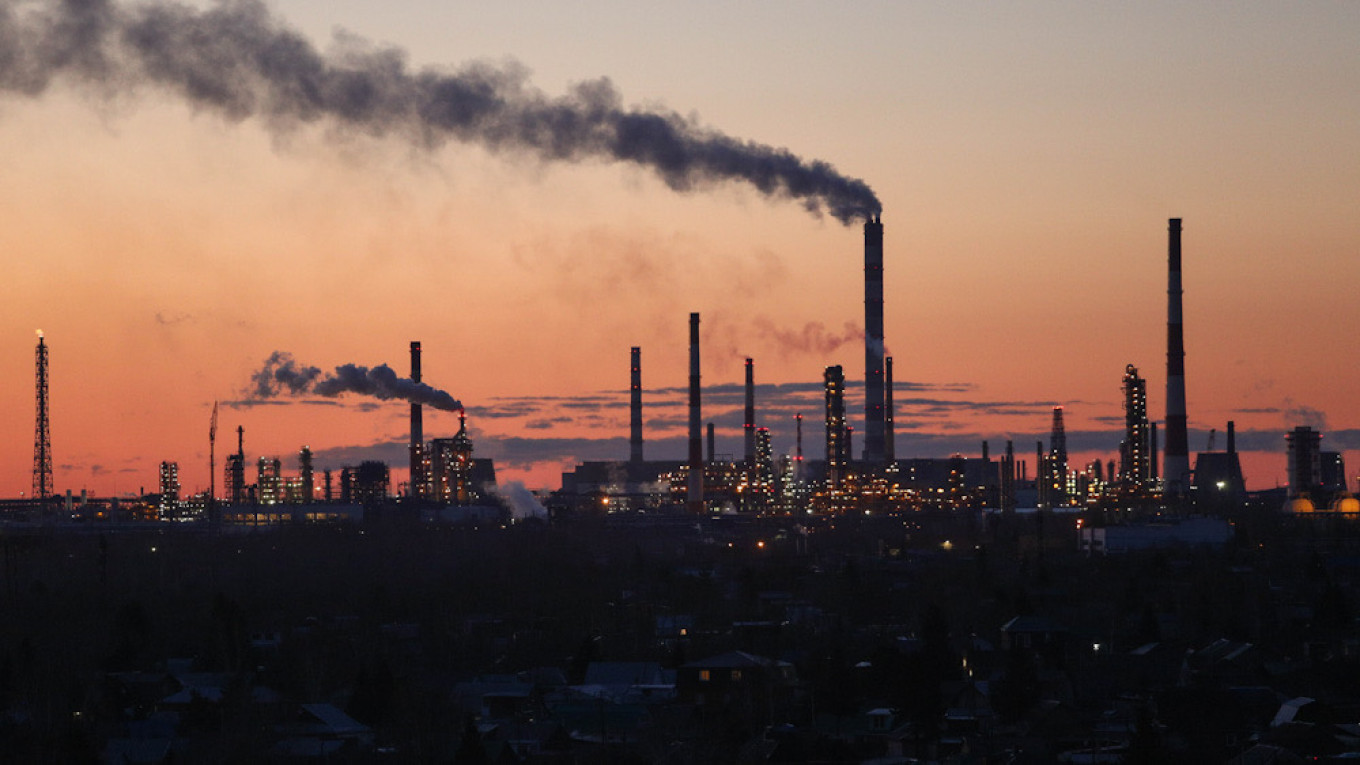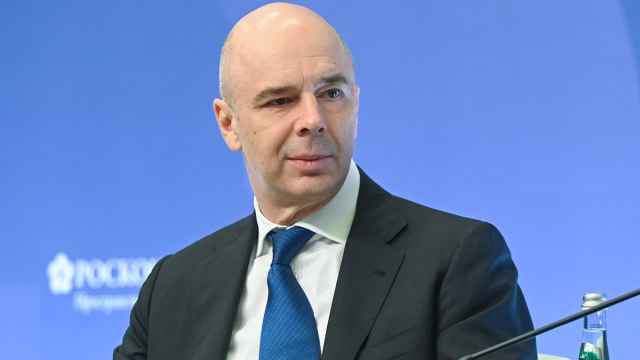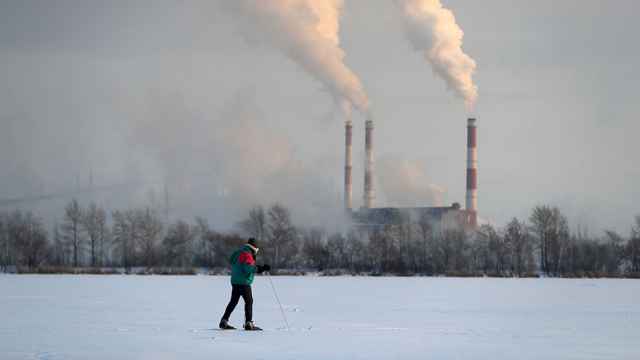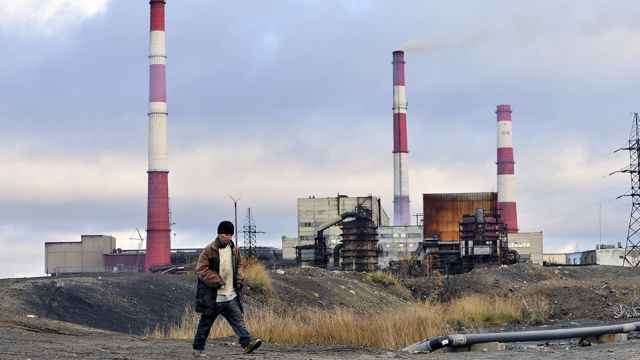Russian lawmakers for the first time have passed a law that will limit private enterprises’ greenhouse gas emissions as the country looks to catch up with global climate reforms.
The legislation, which was approved in its third and final reading in the lower-house State Duma on Tuesday, would create a system to regulate emissions in Russia, currently the world’s fourth-largest emitter. It also seeks to encourage Russian companies to invest in environmental restoration projects and abandon practices harmful to the climate and national economy.
According to the bill, companies that emit more than 150,000 tons of CO2 (or the equivalent mass of other greenhouse gases) per year must limit their emissions from 2023. Companies emitting between 50,000 and 150,000 tons annually will have to report their emissions starting from 2024.
The bill also introduces a carbon credit system, with companies able to receive “carbon units” in exchange for investments in reforestation, recycling, carbon capture or other initiatives aimed at fighting climate change.
“It’s not enough to plant the seeds, you have to grow the forest,” State Duma deputy Nikolai Nikolayev, one of the bill’s co-authors, told the state-run TASS news agency.
The legislation now needs a single vote of approval in the upper-house Federation Council as well as President Vladimir Putin’s signature to become law.
It comes amid ambitious climate reforms by the European Union, China and the United States in the past year that have forced the global economy to adapt, said Anatoly Chubais, Putin’s special envoy on sustainable development.
“Global challenges are very complex, challenging for all – for Russian business they are especially challenging, simply because of our economic structure,” Chubais said at the St. Petersburg Economic Forum on Thursday. “Our businesses face a highly complicated problem which requires deep restructuring [of] as I understand it up to 100% [of our economy].”
The Russian economy will eventually have no choice but to abandon fossil fuels, Chubais said. But the reforms will also touch other sectors not connected to oil, coal or fossil gas production, and “not everybody understands this yet,” the envoy said.
Russia aims to increase its fossil fuel production tenfold by 2035 despite calls from International Energy Agency experts to halt all new investments into coal, oil and gas. Russian companies are also building new infrastructure to produce more oil and coal.
Most of Russia’s regions are carbon negative due to their vast swathes of forest, which absorb more greenhouse gases than the regions can emit, said Deputy Prime Minister Victoria Abramchenko. Only eight regions (most in the Far North and drought-prone areas) emit more than they absorb.
Yet scientists warn that Russia’s natural carbon emissions may increase rapidly in the next few decades due to accelerated melting of permafrost, which contains large methane deposits, as well as carbon-emitting events like forest fires that have become more frequent.
A Message from The Moscow Times:
Dear readers,
We are facing unprecedented challenges. Russia's Prosecutor General's Office has designated The Moscow Times as an "undesirable" organization, criminalizing our work and putting our staff at risk of prosecution. This follows our earlier unjust labeling as a "foreign agent."
These actions are direct attempts to silence independent journalism in Russia. The authorities claim our work "discredits the decisions of the Russian leadership." We see things differently: we strive to provide accurate, unbiased reporting on Russia.
We, the journalists of The Moscow Times, refuse to be silenced. But to continue our work, we need your help.
Your support, no matter how small, makes a world of difference. If you can, please support us monthly starting from just $2. It's quick to set up, and every contribution makes a significant impact.
By supporting The Moscow Times, you're defending open, independent journalism in the face of repression. Thank you for standing with us.
Remind me later.






